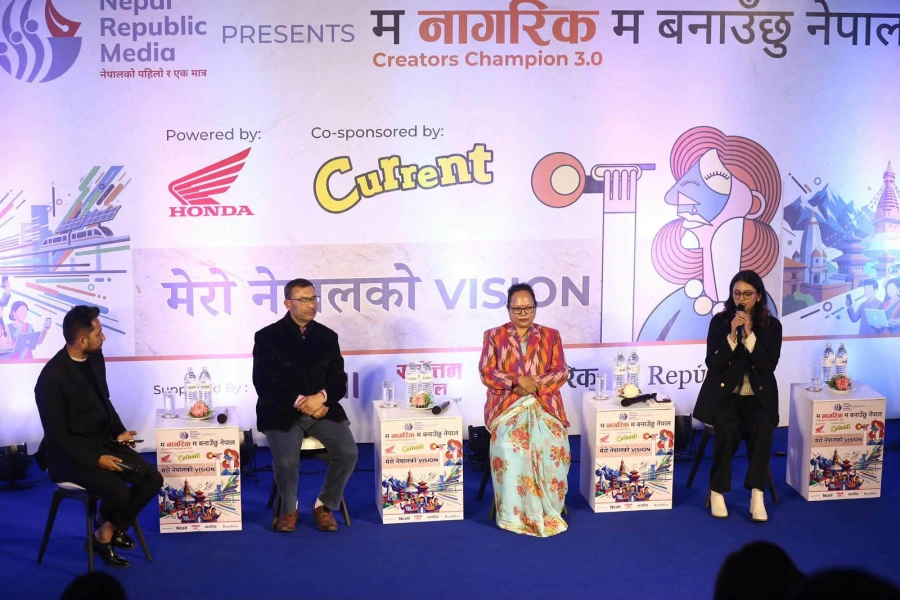Recount and UML protest
Ayodhee Prasad Yadav’s tenure as Chief Election Commissioner has been far from satisfactory. He first delayed the imposition of election code of by a week after Prime Minister Pushpa Kamal Dahal announced local election in the middle of February. This allowed the Congress-Maoist coalition government to make controversial transfers of senior police officials and bureaucrats, in what was a clear attempt to influence election.
Even after the imposition of the code, Yadav has been turning a blind eye to code violation by senior government figures. But perhaps the most egregious failure of the Election Commission is being seen in the case of tearing of ballot papers in Bharatpur municipal election. Rather than acting immediately on such a sensitive issue, the commission took its own sweet time to investigate and even when exact details of what had transpired at Bharatpur became widely known, Yadav seemed confused about what to do. The ballot papers had been torn by Maoist cadres when it became clear that the Maoist candidate for mayor, Renu Dahal, was losing. Instead of disqualifying the Maoist candidate and resuming vote-counting, Yadav, after a long delay, declared that there would be reelection in Bharatpur.
We fear this could set a dangerous precedent. In the future, whenever a candidate is losing an election, that candidate’s representatives at the vote-counting station could resort to similar acts of vandalism and demand reelection. This is yet another instance of the chief commissioner’s inability to stamp his authority and to work freely and independently, away from the long shadow of PM Dahal. Thus the commission is making a grave mistake by ordering a recount in Bharatpur ward no 19. At the same time, CPN-UML, the main opposition, has also behaved rather irresponsibly by repeatedly obstructing the parliament on the pretext that the government is trying to ‘hijack’ the election in Bharatpur through a recount. Notably, when the Maoist representatives at the vote-counting station started tearing ballot papers UML mayor candidate, Devi Gyawali, was leading Renu by 733 votes. So UML has every right to feel hard done. But as a result of UML’s obstruction, the vital process of picking new prime minister has been postponed, by at least a few days, which in turn could affect the second phase of local election.
If UML believed that the commission had acted illegally in ordering a recount, it could have gone to the court, which, in fact, is exactly what it has now done. (The Supreme Court is scheduled to rule on the case today.) But why obstruct the parliament when it has nothing to do with what happened in Bharatpur? If the decision on recount could set a dangerous precedent, so could UML’s obstructionist ways in parliament. Two years ago, when the Madhesi parties and the Maoists had obstructed the proceedings of Constituent Assembly, even resorting to vandalism inside the hallowed chamber in one case, UML had been quick to put the blame on the ‘undemocratic’ nature of these parties. By resorting to pretty much the same pressure tactics, it sounds like a hypocrite. It also suggests UML is ready to hold the whole country hostage for its vested interest. The wanton ways of UML and Election Commission that have been in evidence of late, we are afraid, does grievous harm to Nepali democracy.
Maoist Chair Dahal claims parliament won’t endorse ordinances



































